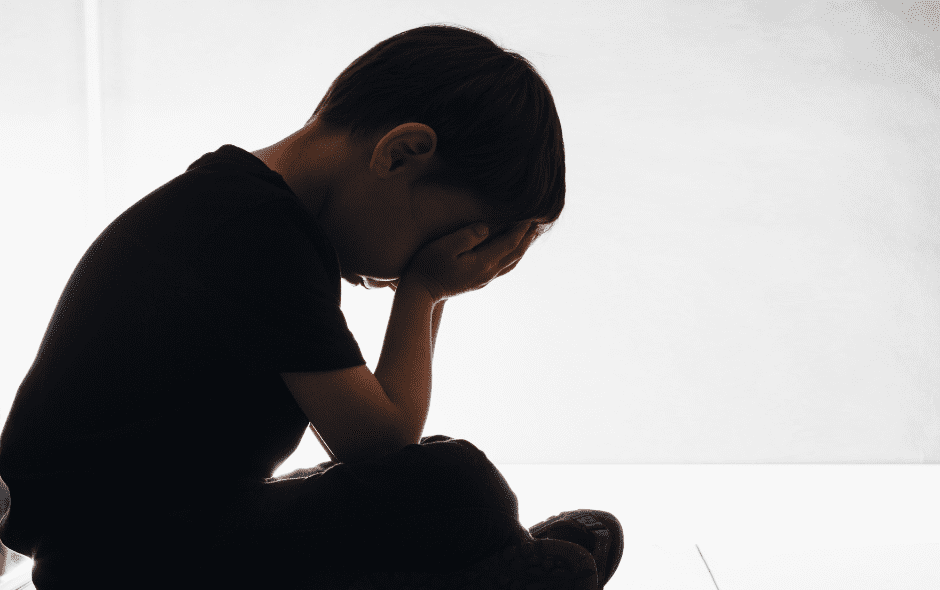This week (5-11 February 2024) is Children’s Mental Health Week.
The spotlight on children’s mental health is now needed more than ever before.
According to the Mental Health Foundation, 75% of children and young people who experience mental health problems are not getting the help they need.
Children and young people experience so many pressures which didn’t exist 30 years ago.
From the pressures of social media, pressure at school, the current cost of living crisis and still recovering from the impact of the COVID-19 pandemic, all this has had an impact on their level of education and missing out on vital socialising with friends.
All of the above can have a big impact on anyone’s mental health never mind a child or young person.
In addition, a new epilepsy diagnosis can affect their confidence and self-esteem, and they may also struggle to come to terms with how their life may have changed.
In this blog, we look at signs your child may be struggling with their mental health, how to support them and what help is out there.
Signs a child may be struggling with their mental health
Many children and young people will experience behavioural or emotional problems at some stage.
For some, these will resolve with time, while others will need professional support.
It might be difficult to know if something is upsetting your child, but there are ways to spot when something’s wrong.
Look out for:
- Significant changes in behaviour.
- Ongoing difficulty sleeping.
- Withdrawing from social situations.
- Not wanting to do things they usually like.
- Self-harm or neglecting themselves.
Ways to support a child or young person
Regularly ask your child how they are doing. Help them get used to talking about their feelings so they know there’s always someone there to listen.
Listening to what they say makes them feel valued. Consider how to help them work through their emotions in constructive ways.
Show interest in their life and what’s important to them. It not only helps them value who they are but also makes it easier for you to spot problems and support them.
Pay attention to how your child is feeling or behaving and try to help them work through difficulties.
It may not be easy facing challenging behaviour but try to help them understand what they are feeling and why.
Support and encourage your child to explore their interests. Being active or creative, learning new things and being a part of a team helps connect us and boost our mental wellbeing.
Try to have structure around regular routines, especially around healthy eating and exercise.
A good night’s sleep is also important, so have a fixed time for going to bed and getting up.
Getting the right help
Start exploring some of the issues with your child.
Depending on the age, your child may prefer to talk to another family member, a family friend, a trusted teacher or an epilepsy specialist nurse.
If necessary, the child will be referred to a psychiatrist for an assessment. In some cases, but this is rare for children, medication may be prescribed.
The following organisations may also be able to help:
- Childline 0800 1111
- National Bullying Helpline 0300 323 0169
Connecting with others who also have epilepsy can make a young person feel less alone and may help overcome isolation, low confidence and low self-esteem.
Our youth groups are a social place for young people with epilepsy to meet others who are going through similar experiences.
It is a group to make friends, have fun and support one another.
We have a range of groups online which are open to any young person with epilepsy in Scotland, and face-to-face groups, which are based in Edinburgh and Glasgow.
For more information about joining our youth groups, please email Kirstyn Cameron at kcameron@epilepsyscotland.org.uk for our Edinburgh group, or Shelby Johnston at sjohnston@epilepsyscotland.org.uk for our Glasgow group.
We also have our teenage guide which tries to demystify epilepsy and help and support a young person on their journey to coming to terms with epilepsy.
To request a copy, please email contact@epilepsyscotland.org.uk, phone our helpline 0808 800 2200 or contact us on social media.




